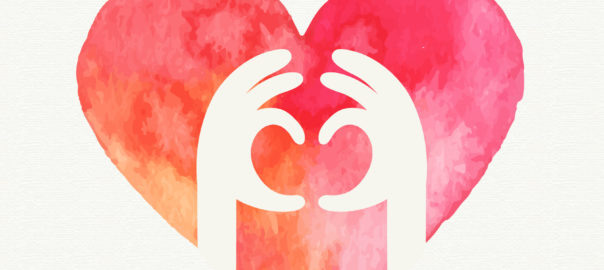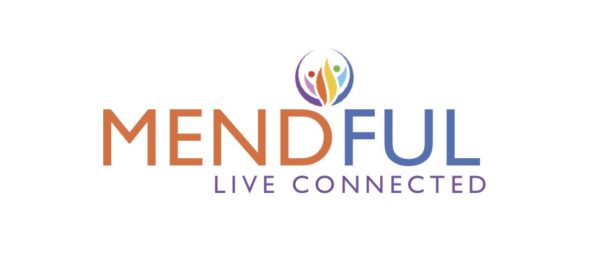How long have you been hiding your dreams and aliveness?
What desires are you denying yourself?
What are you afraid of?
Spring is a time to stop hiding and take a leap of faith. Look at nature around you and see how trees bloom and bulbs sprout without any effort or angsts. To spring forward like flowers do, we need to trust and not let worries and fears stop us. Think for a moment: What have I really wanted to do, but held back because of one reason or another, which stopped me from living fully and from fulfilling my dreams?
Revealing and concealing play important roles in our lives, in our stories and traditions. Life is a mystery and that is what makes it interesting. God and spirit are also unknown and they are too interesting because of that. Mysterious elements in all things keep us curious, engaged and yep, also guessing and amazed.
This week we celebrate the holiday of Purim (Tuseday March 7) and read the story about Queen Esther (her name means hidden.) We dress up in costumes, which are revealing and hiding somethings about ourselves at the same time. This year, it also happened Easter is this weekend; marking the resurrection of Jesus and children will be looking for hidden colorful eggs with hidden sweets.
In both holidays we tell stories about hiddenness and salvation. The experiences of being lost, hidden and in despair are met with being found and saved. We can all relate to this motif. We all want to be found, seen, and live authentically and freely, but fears may stop us. In our spiritual seeking, and seeking friends, connections and meaning we long to be found. We long to stop feeling separated and we want to stop hiding. The stories we celebrate this week can be helpful to us if we explore them as myths about human needs and conditions. The spirit is hidden and the storeis focus on the human side, not on God.
Life, turns out, is a mystery. The hidden and the revealed are playfully woven together. On Purim we can let what we usually hold back be more in the forefront. Playfully and temporarily we enjoy showing some of what is hidden. What can you playfully reveal about you, your life, your ideas and dreams? What will make you laugh if you trusted and revealed some of the mystery you are?
 Polyvagal theory and other neuroscience teach about important systems that regulate our responses. These new areas of study are important for us to understand because they point us to wellbeing. The theories explain patterns in our body-mind which heavily influence our lives; physiologically, psychologically, relationally and cognitively.
Polyvagal theory and other neuroscience teach about important systems that regulate our responses. These new areas of study are important for us to understand because they point us to wellbeing. The theories explain patterns in our body-mind which heavily influence our lives; physiologically, psychologically, relationally and cognitively.


 These examples of brokenness and mending are beautiful inspirations to encourage us to embrace our brokenness, to stop hiding our humanity, mend when we can, love our scars and stop avoiding life. All brokenness, imperfections and pain are parts of our lives. Instead of spending another year afraid of making mistakes or hiding behind your
These examples of brokenness and mending are beautiful inspirations to encourage us to embrace our brokenness, to stop hiding our humanity, mend when we can, love our scars and stop avoiding life. All brokenness, imperfections and pain are parts of our lives. Instead of spending another year afraid of making mistakes or hiding behind your 

